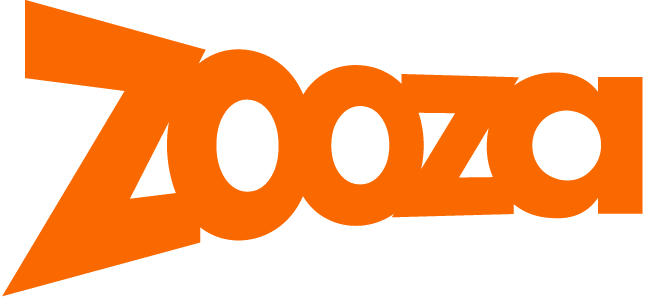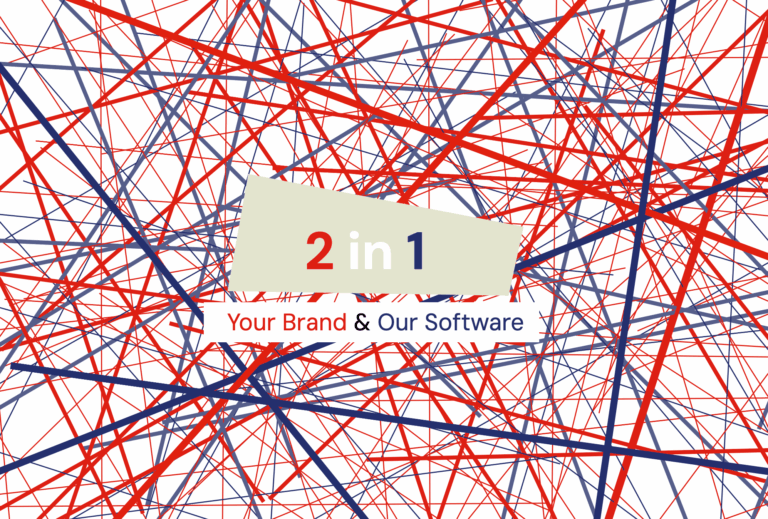In the dynamic world of group education, the combination of creative vision and effective execution is fundamental to success. While the visionary brings innovation and steers the project in new directions, the executor is the one who transforms ideas into reality and ensures they align with the goals. This article explores how collaboration between these two key roles leads to prosperity in group education.
The Visionary: Bringing Ideas and Movement
The visionary is a crucial figure responsible for the project’s innovation and dynamism. Their ability to open doors to new ideas and experiment provides the project with vitality. They ensure the product and methodologies that are the foundation of success. However, the challenge can be the lack of clear development without an executor to provide structure and feasibility.
The Executor: Building Feasibility
The executor is the architect who builds a clear and efficient process for implementing the vision. Their ability to critically evaluate ideas and reject those that do not serve the project’s goals is essential. In roles like CEO in larger companies, the executor is a key factor in maintaining stability and alignment with the company strategy.
What Are the Impacts if Someone Is Missing? Company Without Vision: Confusion and Lack of Direction Without a strong visionary, a company can find itself in confusion and lack of direction. It lacks the impulse for new ideas and experimentation, which can lead to stagnation and loss of competitiveness. Company Without an Executor: Chaos and Inefficiency Conversely, in the absence of an executor, the project can descend into chaos and inefficiency. A lack of structure and unclear processes can hinder the implementation of ideas and lead to project failure.
Most projects often lack execution. They have many good ideas but spin in circles. This usually ends with the owner becoming exhausted, taking on the responsibility from idea to execution.
Next Step: The first step to success and mental health is to find an executor.
Synergy between the visionary and the executor is the foundation of success in group courses. Projects should identify these roles and strengthen collaboration between them. Without a visionary, a company can lack direction, and without an executor, it can drown in inefficiency. We learn that a harmonious tandem between the visionary and the executor creates a balance between innovation and execution, which is crucial for the lasting success of group courses.
Owners often fear seeking an executor mainly due to financial reasons. However, it is precisely the absence of an executor that causes project inefficiency from a revenue perspective. For smaller projects, it suffices for someone from the team of instructors or even clients to take on this role part-time. Simply deciding on the role frees the owner’s hands, allowing them to support finding new instructors, spaces, building community relationships, presenting the project, and improving methodology.
The characteristics of an executor in group courses are crucial for project success. Finding a suitable executor can be challenging, but it is important to start.
What Should They Master?
Organizational Skills:
- Ability to plan and manage projects effectively.
- Skills in building clear and well-defined processes.
Decision-Making Skills:
- Ability to make quick and effective decisions in complex situations.
- Rationality and the ability to assess risks and rewards.
Communication Skills:
- Ability to communicate with various team members and convey clear instructions.
- Skills in providing feedback and negotiation.
Practical Orientation:
- Experience with practical project implementation.
- Ability to turn abstract ideas into concrete actions.
Flexibility and Adaptability:
- Ability to adapt to changes and respond quickly to new conditions.
- Flexibility in adjusting strategy to current needs.
Responsibility and Dedication:
- Commitment to project goals and ability to take responsibility for decisions.
- Dedication to achieving results and meeting deadlines.
Managerial Skills:
- Previous experience in managing teams and projects is helpful.
- Knowledge of managerial tools and techniques.
Education and Professional Development:
- Solid educational background and willingness to continually develop.
- Active interest in new trends and technologies in group education.
Role Description
If you do not have an executor, do not wait another minute and look on your social networks.
Job Description for Executor/Implementer in Group Courses:
Position: Group Course Administrator
Main Responsibilities:
Planning and Project Management:
- Developing implementation plans for group education projects.
- Managing projects from start to finish, including monitoring progress and reporting results.
Creation and Implementation of Processes:
- Designing and implementing structured processes for effective implementation of group courses.
- Ensuring that all activities align with project goals and teaching methodology.
Communication and Collaboration:
- Regular communication with visionaries, instructors, and parents of graduates.
- Ensuring effective collaboration with the team and active engagement of all stakeholders.
Evaluating Ideas and Concepts:
- Assessing new ideas and concepts for their feasibility and alignment with project goals.
- Collaborating with visionaries to adapt ideas for practical implementation.
Ensuring Quality of Education:
- Monitoring and evaluating the quality of education provided by group courses.
- Implementing measures to improve quality if necessary.
Managing Changes and Adaptations:
- Adapting to new trends and the needs of course participants.
- Managing changes in processes and course content based on feedback and analytical data.
Required Skills and Qualifications:
- Above all, a passion for education and communication with people.
- Experience in education, project management, or a related field is a significant advantage.
- Experience in planning and implementing educational projects with a focus on group education.
- Excellent communication and interpersonal skills for successful collaboration with various stakeholders.
- Ability to evaluate ideas and proposals for their practical feasibility.
- Organizational skills and ability to manage projects and processes effectively.
Sources Used:
- Kotter, J. P. (1996). Leading Change. Harvard Business Review Press.[Link to Book]
- Heath, C., & Heath, D. (2010). Switch: How to Change Things When Change Is Hard. Crown Business.[Link to Book]
- Drucker, P. F. (1993). The Effective Executive. HarperBusiness.[Link to Book]
- Lencioni, P. M. (2002). The Five Dysfunctions of a Team: A Leadership Fable. Jossey-Bass.[Link to Book]
- Collins, J. (2001). Good to Great: Why Some Companies Make the Leap…and Others Don’t. HarperBusiness.[Link to Book]












